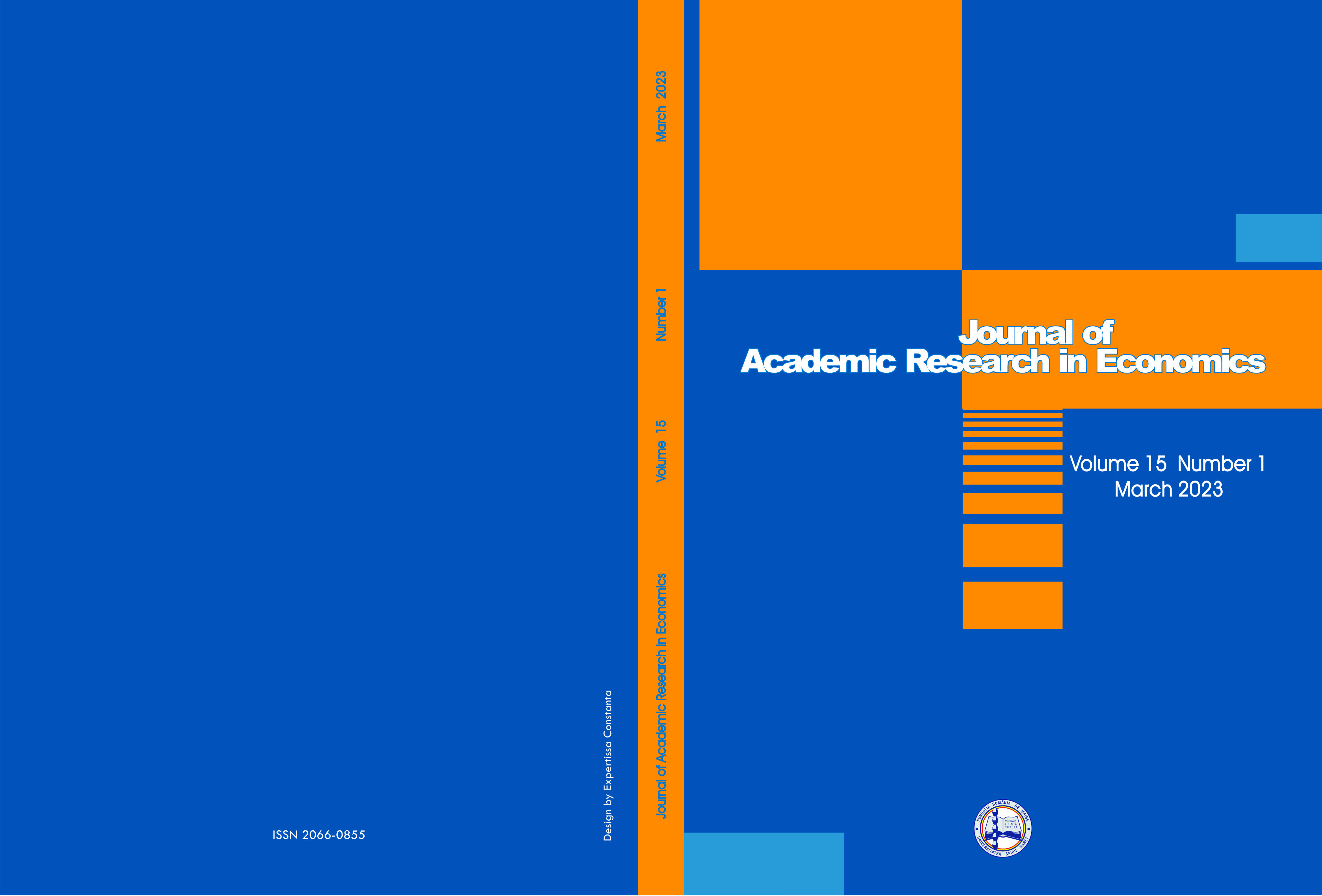ACADEMIC EMPLOYEES’ PRODUCTIVITY IN NIGERIA: THE NEW MINIMUM WAGE POLICY IMPACT
ACADEMIC EMPLOYEES’ PRODUCTIVITY IN NIGERIA: THE NEW MINIMUM WAGE POLICY IMPACT
Author(s): Chikwudo O. Nwoye, John Nwoye UgochukwuSubject(s): Economy, National Economy, Business Economy / Management, Socio-Economic Research
Published by: Universitatea SPIRU HARET - Faculty of Accounting and Financial Management
Keywords: Academic employees’ welfare; in-school Commercial activities; Job Performance; New minimum wage; Standard of living; Teachers Productivity;
Summary/Abstract: The need to enhance academic employees (otherwise here known as Teachers) welfare and motivate them to boost productivity and job performance has often led to improvement on existing minimum wage policies of the government. However, the unwillingness of most State governments to implement such new minimum wage policies has continued to pose a great challenge to Teachers wellbeing in Nigeria. The study intends to examine the extent of relationship between new minimum wage payment and Teachers job performance in school. It also intends to ascertain whether payment of higher minimum wage discourages in-school commercial activities among Teachers. The study adopts the descriptive survey research design and further deploys the primary source of data through a 5-point Likert scale structured questionnaire. A sample of 200 Teachers in forty (40) selected Primary and Secondary Schools in Awka South Local Government Area of Anambra State, Nigeria were explored. Data responses and relevant hypotheses were analyzed and tested using Spearman Correlation and the Multiple Regression statistical tools through SPSS version 23. It was found out that there is statistically significant relationship between new minimum wage payment and Teachers job performance in schools. It was also discovered that payment of higher minimum wage will discourage in-school commercial activities among Teachers. Based on these findings, it was concluded that the poor wage currently paid to Teachers cannot really stimulate and lead to the desired productivity in classrooms. The study therefore recommends that a timely and effective implementation of the new minimum wage be pursued and monitored by the State government and owners of private schools to assure Teachers of government’s commitment to their welfare towards boosting Teachers’ job performance. It was also recommending that the State government and owners of private schools should endeavor to pay Teachers a monthly minimum wage that readily matches the present economic situation and standard of living in the country.
Journal: Journal of Academic Research in Economics (JARE)
- Issue Year: 15/2023
- Issue No: 1
- Page Range: 206-225
- Page Count: 20
- Language: English
- Content File-PDF

